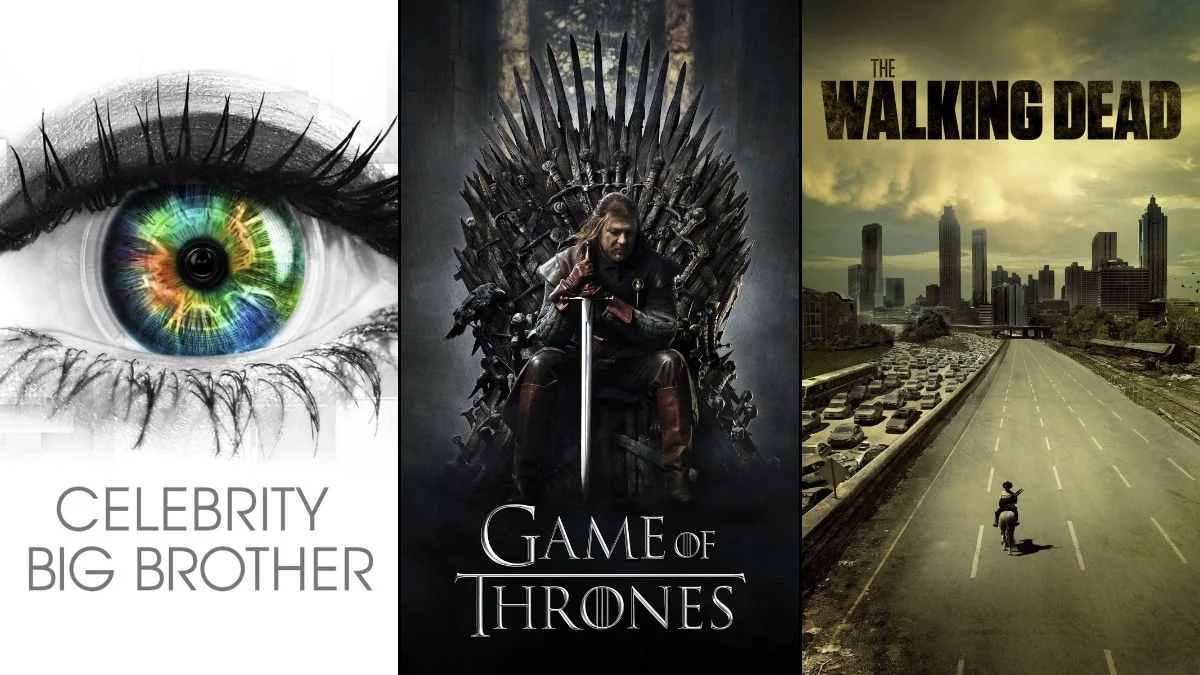
TV shows occasionally take risks with daring storylines or controversial content, often to generate buzz. This can sometimes result in viewer backlash, official investigations, or even changes in how the show is made. These instances stand out in television history not just for the initial attention, but because they actually led to real-world outcomes.
This list highlights twenty television shows that faced controversy, resulting in actions like cancellations, revisions, financial penalties, new rules, or last-minute script changes. For each show, we detail the incident, how the network and authorities reacted, and what adjustments the show’s creators made as a result.
‘Game of Thrones’ (2011–2019)

The show’s fifth season featured a storyline where a main character was attacked on her wedding night, causing many viewers to file complaints with broadcasters and advocacy organizations. As a result, several media outlets announced warnings before re-airing the episode, and later added specific content warnings to digital versions. Some local stations delayed airing the episode, and streaming services increased parental controls.
Past episodes with shocking character deaths caused a surge in calls to viewer support lines internationally. As the show continued, HBO began adding more detailed warnings before episodes and shared links to mental health resources on social media. Broadcasters in other countries also adjusted the show by adding stronger ratings and removing some of the most violent moments from trailers.
‘The Walking Dead’ (2010–2022)
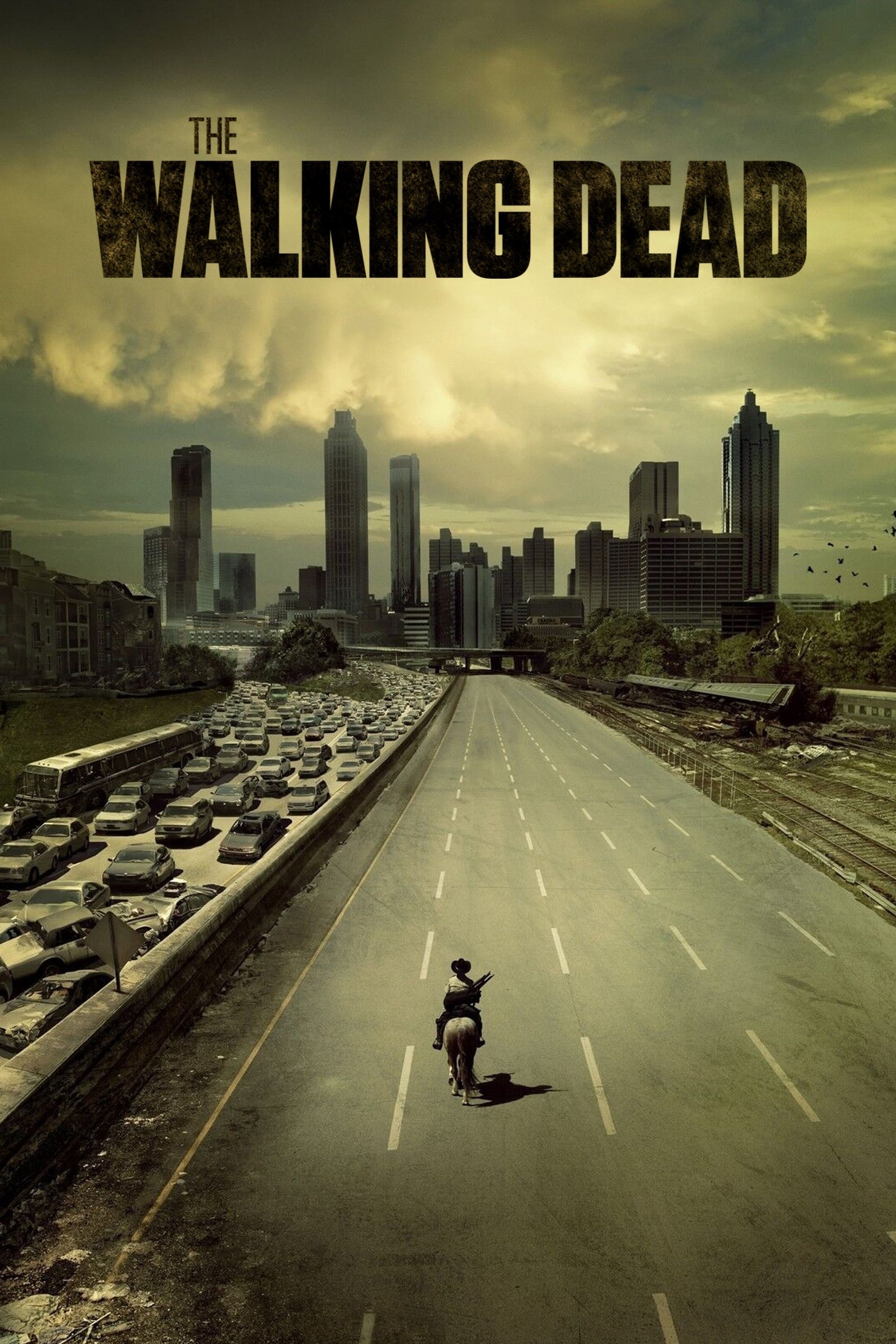
The season seven premiere featured a lot of graphic violence, leading to hundreds of complaints to AMC and official reports to UK regulators. Afterwards, AMC changed how they advertised the show and added stronger warnings before airing reruns during early evening hours. Some advertisers also decided to move their commercials to later time slots.
Viewership dropped after the first episode, so the network adjusted later episodes by minimizing overly graphic content. The home video releases featured different versions of the show, and the streaming service added warnings before potentially disturbing scenes. In Europe, international broadcasters showed a slightly modified version of the show at earlier times.
’13 Reasons Why’ (2017–2020)
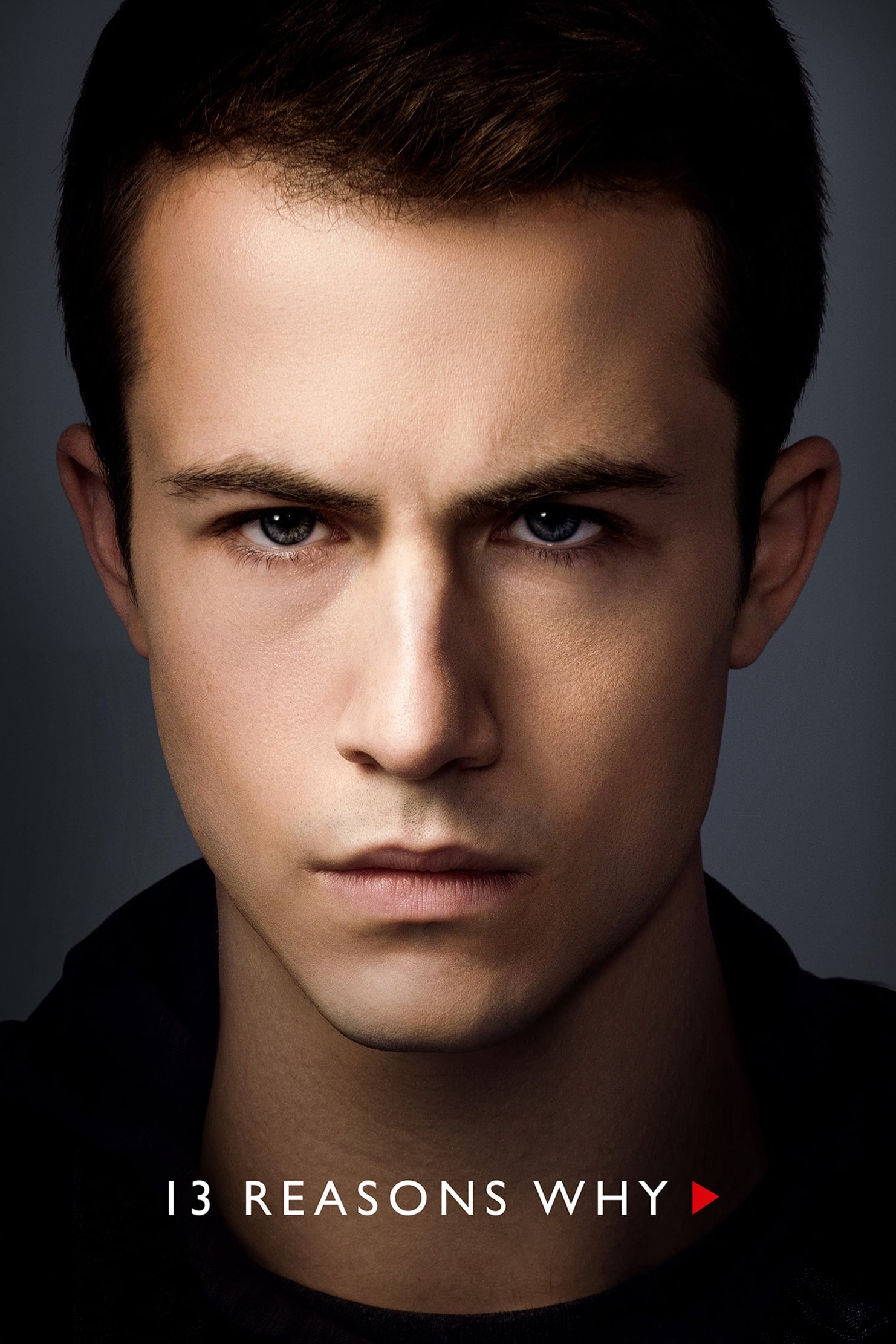
After the show’s first season came out, groups focused on children’s health and school systems offered advice about how it portrayed suicide. Netflix responded by adding warnings before episodes, creating a guide for discussion, and even editing the last episode to remove a particularly sensitive scene. They also put age restrictions on teen accounts and included links to helpful resources with the episode details.
As a big fan, I was really glad to hear they started taking mental health seriously with the show. They brought in experts to look over each script *before* they even started filming, which felt like a huge step. Plus, they updated the age ratings in a bunch of countries and made it easier to find help resources specific to where you are. They even added a video to the show’s website with the cast talking about staying safe – it’s clear they were really trying to do things right.
‘Euphoria’ (2019– )

The show received criticism for repeatedly showing drug use and sexual situations with teenage characters. In response, HBO added more detailed warnings at the beginning of each episode and in advertisements. Zendaya also proactively warned viewers about sensitive content before new seasons launched, and the network partnered with nonprofit organizations to provide helpful resources after each episode aired.
I’ve been following the impact of this show, and it’s been fascinating to see how seriously it’s been taken. Several school districts actually sent notes home to parents specifically mentioning it. Even when it aired internationally, they seemed extra cautious, putting it on late and giving it more mature ratings than other shows aimed at teens. And HBO Max really went above and beyond, creating a whole section on their platform that not only had the episodes, but also linked to helpful resources and information about relevant policies. It’s clear they wanted to make sure viewers had support and context.
‘South Park’ (1997– )
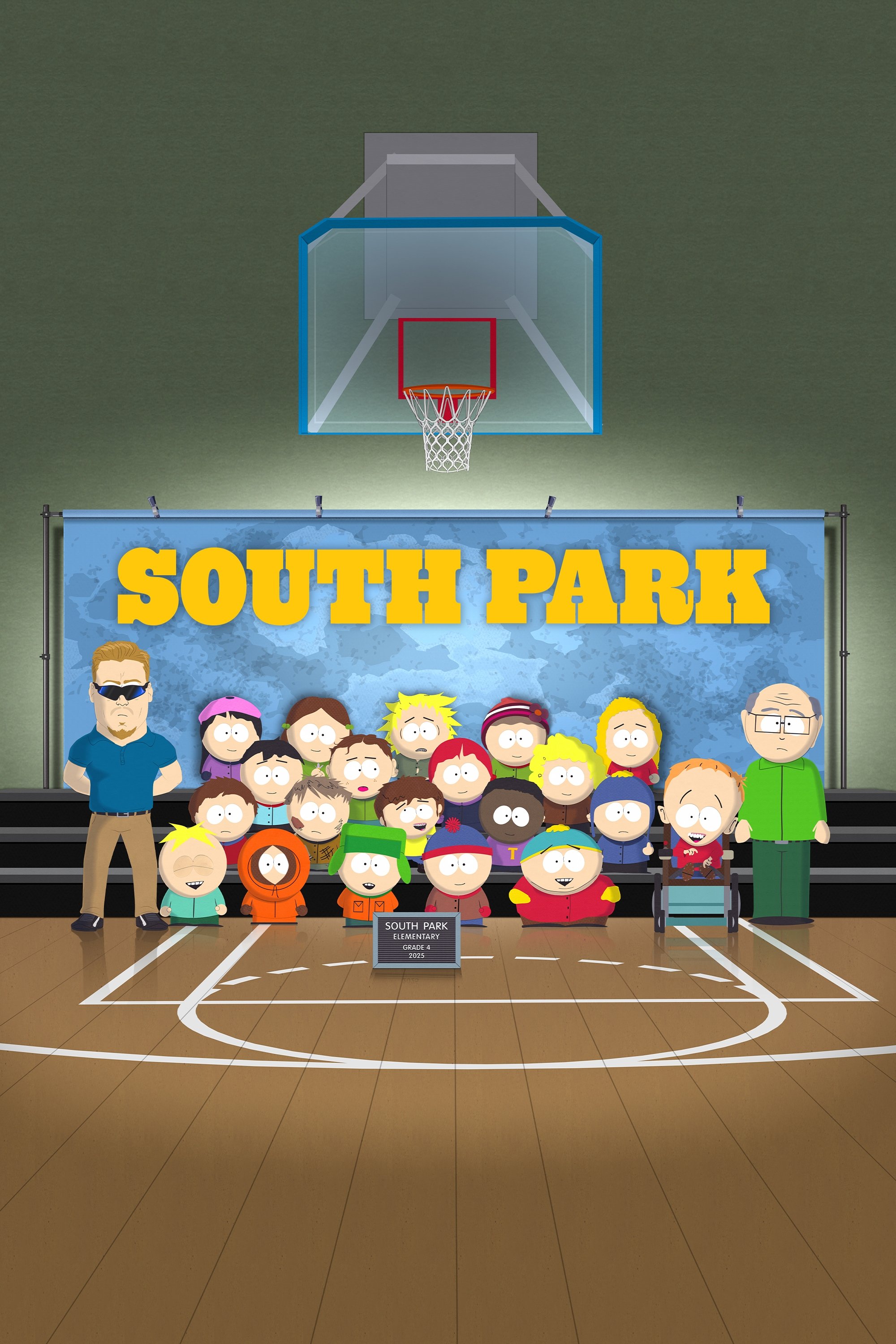
After two episodes featuring portrayals of Muhammad aired with sound edits, they were taken down from streaming services. Comedy Central then implemented a stricter review process for comedy that touches on religion, and kept edited versions of the episodes for broadcast elsewhere. Following the initial broadcasts, some areas also limited repeat showings during times when the content could be considered particularly sensitive.
I was really bummed to hear that one of the later episodes, which made fun of Chinese censorship, caused the show to be taken off a big streaming site in China. It even got temporarily removed from some in-flight entertainment and hotel TV packages in certain countries! Apparently, Paramount keeps track of which episodes aren’t available in different parts of the world, so it’s a bit complicated depending on where you are.
‘Black Mirror’ (2011– )
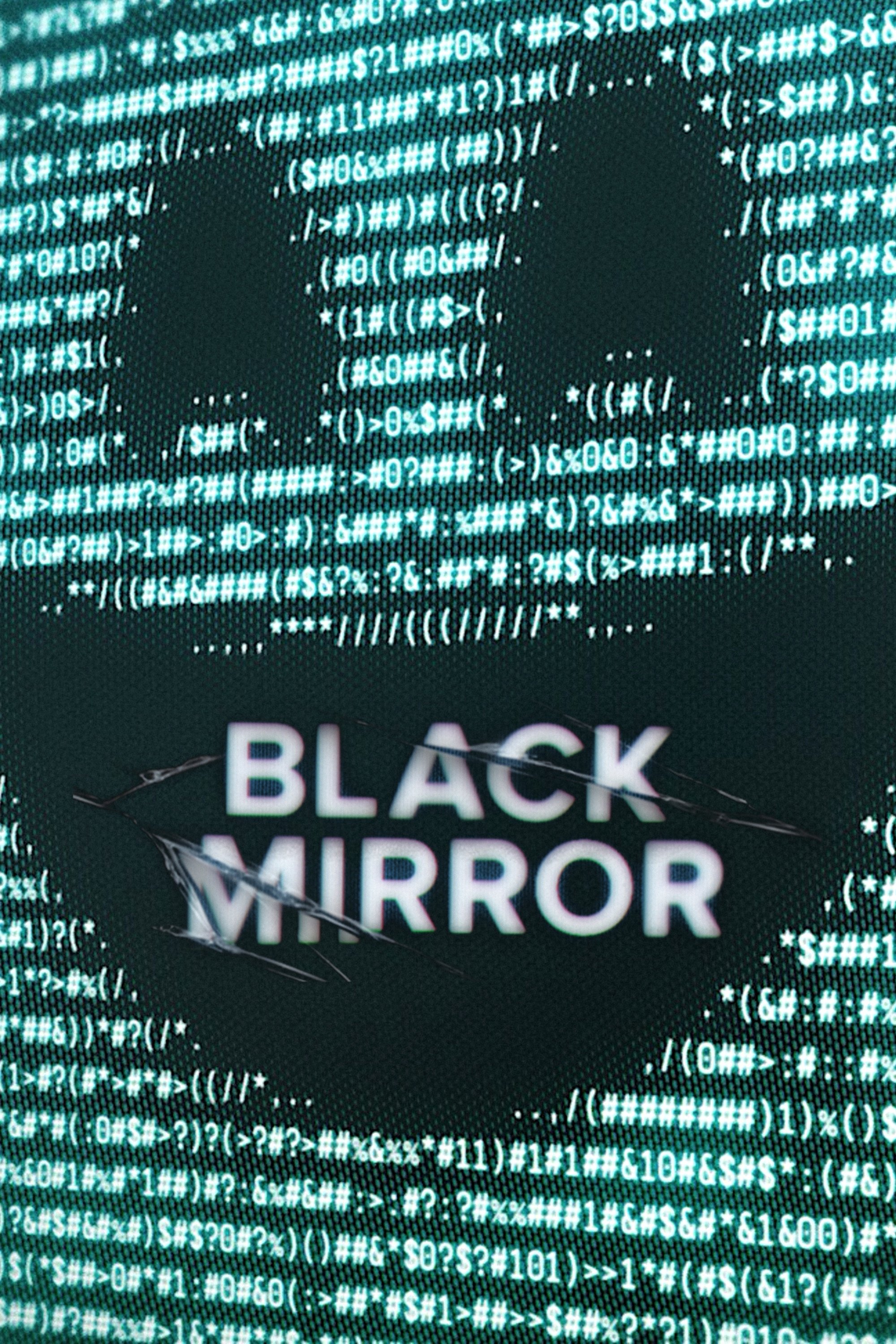
The first episode featured a scene with the UK prime minister that led to a noticeable increase in viewer complaints during its original broadcast on Channel 4. Subsequent seasons on Netflix included prominent warnings and tags for each episode, allowing viewers to skip content they might find upsetting. Press previews also came with detailed content information and rules about when they could share their reviews.
Some countries changed the ratings for certain shows to reflect their rules about sex and upsetting content. Episodes that featured animal abuse also got warning labels online. In a few places, public TV channels decided not to air the very first episode when they first started showing the series.
‘The X-Files’ (1993–2018)
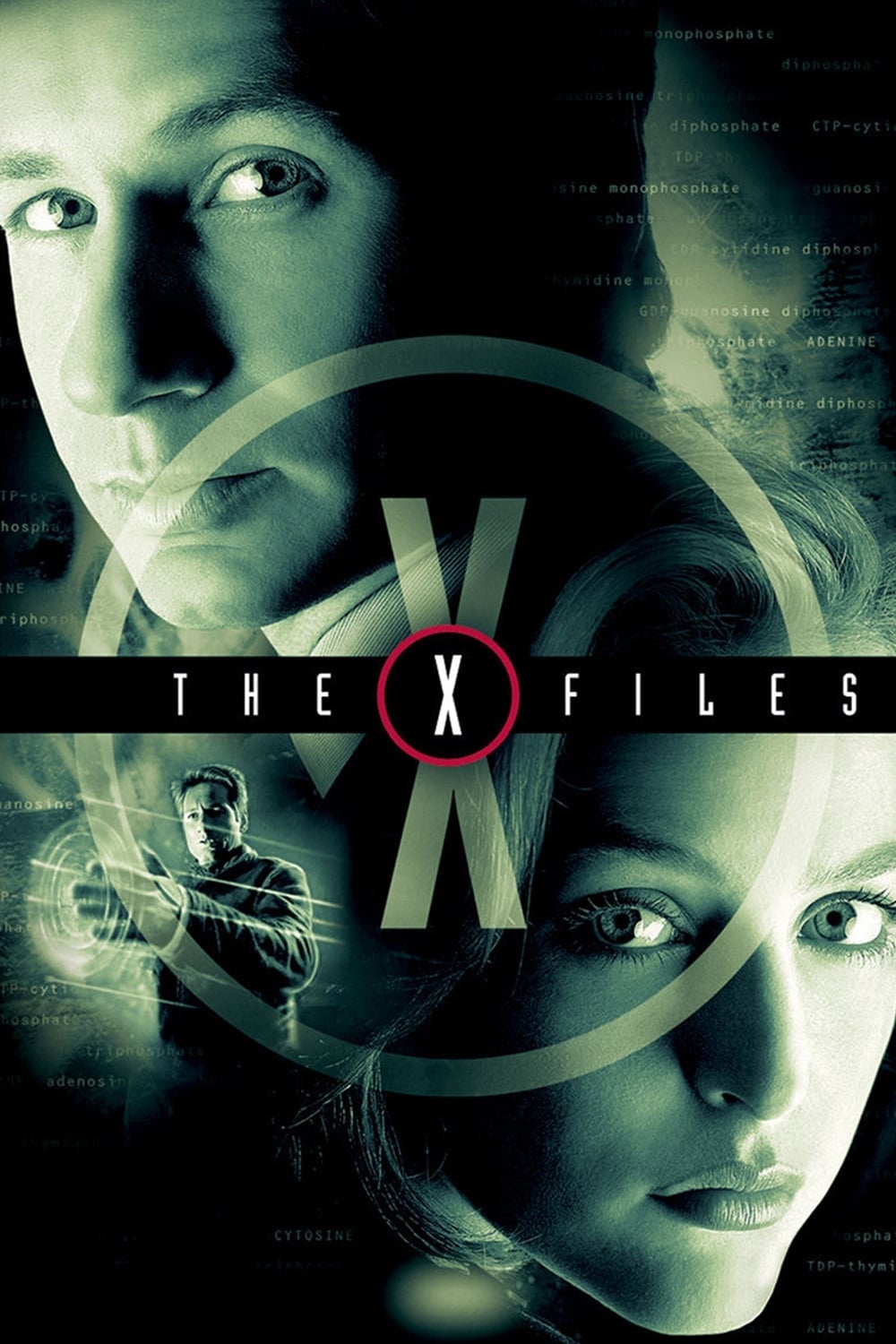
The episode “Home” was quickly pulled from regular TV reruns on Fox because of its upsetting content. It wasn’t shown on daytime television for many years, and when it eventually returned, it included clear warnings. While the original version was kept on DVDs, the packaging featured notes cautioning viewers about the episode’s sensitive themes.
TV networks often aired the episode late at night, and sometimes cut out certain scenes. Streaming services labeled it with special warnings that weren’t used for other episodes. The show’s creators believe the reaction to this episode helped shape how violent content is handled on television moving forward.
‘Fear Factor’ (2001–2012)
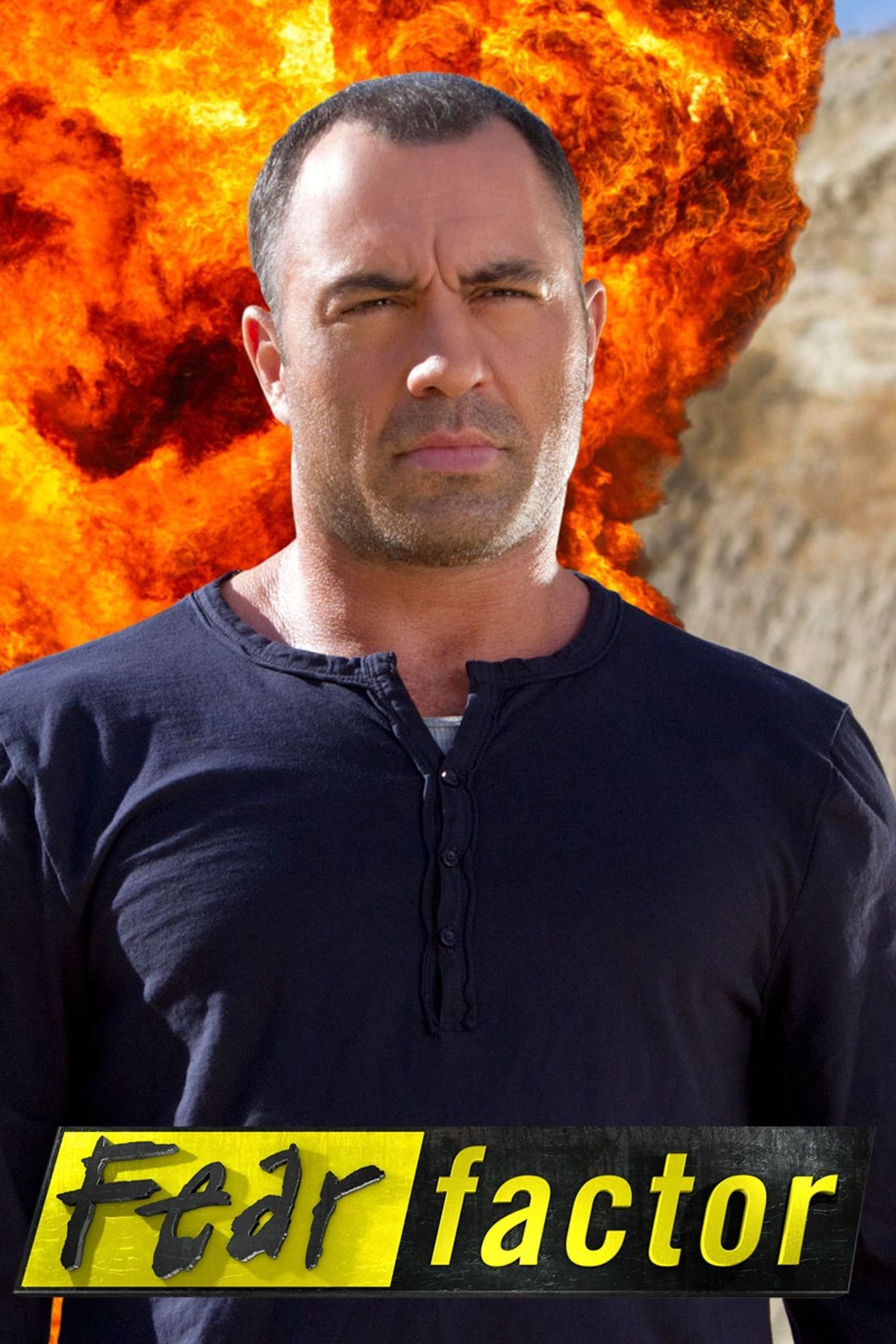
NBC decided not to broadcast an episode of a show where contestants consumed animal semen. After reviewing the completed episode, network executives determined it didn’t meet their standards for what could be shown on television. The episode was pulled from the season, and local stations received alternative programming. As a result, international versions of the show implemented more careful rules for any challenges involving food.
Past seasons of the show had drawn criticism from animal welfare organizations regarding challenges involving eating insects. As a result, the production team increased safety measures, including veterinary checks before and during filming. In most countries, an episode featuring these challenges was never released on DVD, Blu-ray, or streaming platforms.
‘Celebrity Big Brother’ (2001– )
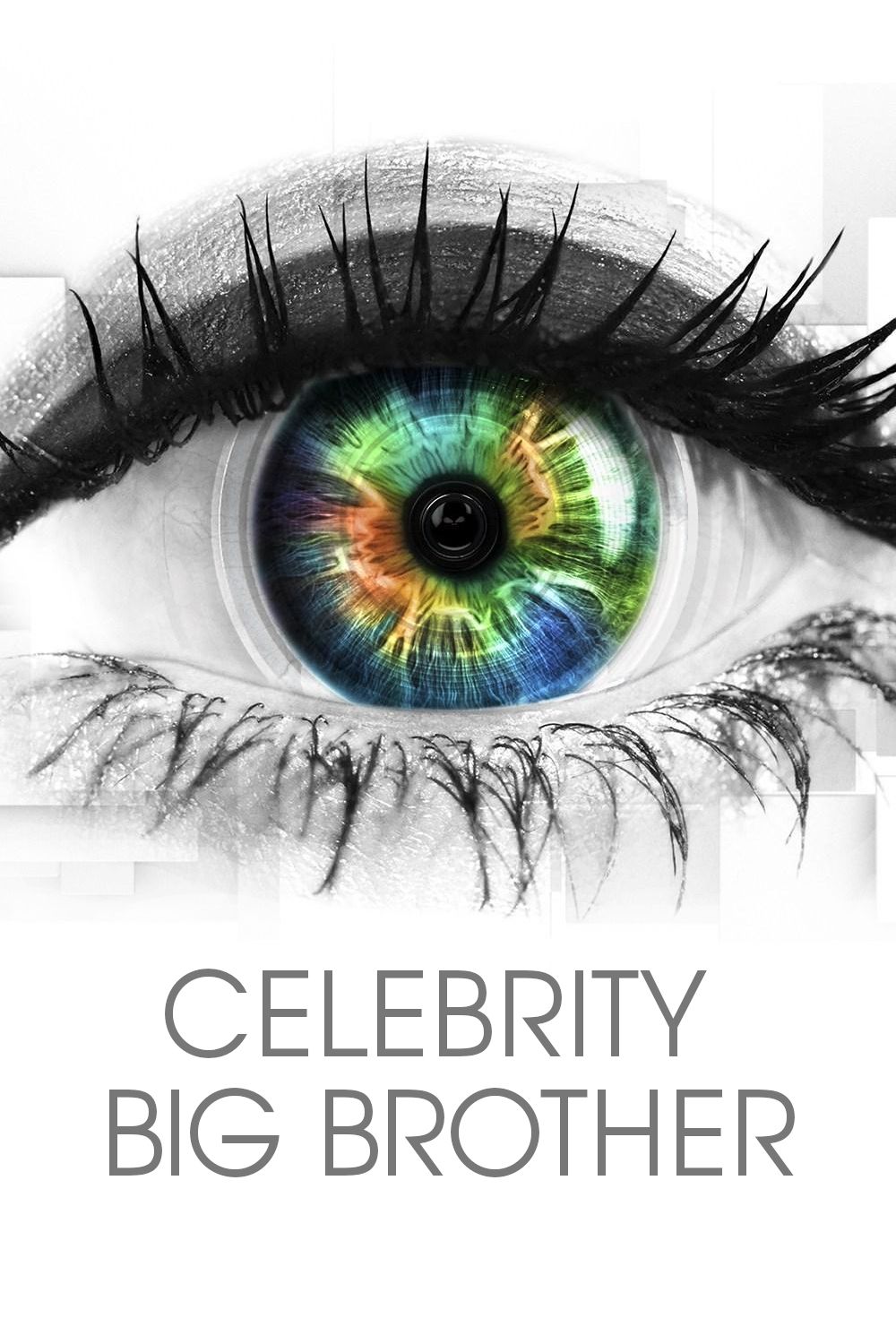
Back in 2007, a reality TV show in the UK caused a public uproar when one of the contestants was accused of racist behavior towards another. The broadcasting regulator, Ofcom, received a huge number of complaints – tens of thousands – and the channel, Channel 4, apologized on television. As a result, the channel implemented new safety measures, including a delay on the live feed and stricter rules for removing contestants who broke them.
In more recent seasons, the show began requiring diversity and sensitivity training for cast members and staff. They also increased efforts to quickly silence offensive language during live broadcasts. Furthermore, sponsors were given the right to pull funding if anyone on the show behaved inappropriately.
‘The Jerry Springer Show’ (1991–2018)

The show’s violent content caused several local TV stations to stop airing it during the day in the late 1990s. NBC stations worked out deals to show it later in the day and added warnings before each segment. Eventually, the show’s producers banned weapons and started checking everyone who entered the studio for security.
I was a huge fan, but even I noticed things got a little intense around the show’s tapings – the police were getting called out to nearby areas a lot more often, so they had to work with local authorities to manage things. It even led to the show getting a TV-14 rating in a lot of places. Later on, they seemed to tone down the staged fights, and I heard it was because the insurance companies were worried about keeping the audience safe and updated their requirements.
‘Survivor’ (2000– )
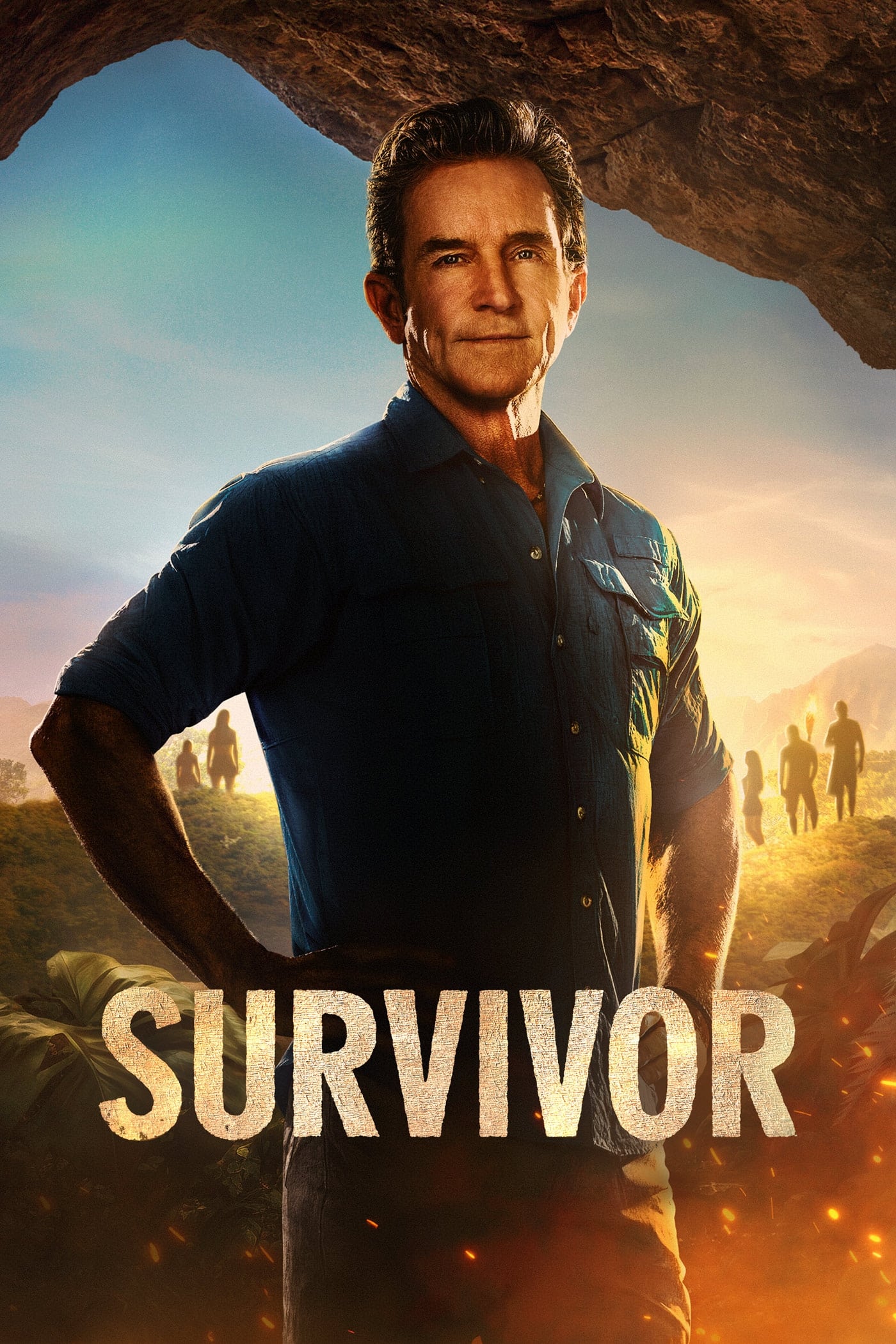
I was really shocked when a player was removed during Season 39 for consistently crossing the line with other contestants. It was good to see CBS acknowledge what happened on the show and change their rules to prevent it from happening again. Now, starting with the next season, they’ve added producers who are specifically trained to deal with harassment reports right there on the island, which I think is a really important step.
The network updated its procedures to better support actors and crew. This included clear guidelines for intimacy coordinators, a confidential way for cast members to report concerns, and expanded training on consent and respecting personal boundaries. These updates were also shared with international versions of the show to ensure consistent standards.
‘Jackass’ (2000–2002)

After viewers, especially young people, tried to copy dangerous acts from the show, police issued warnings. MTV responded by adding longer disclaimers to the beginning and end of each episode, and airing public service announcements with the cast. They also moved the show to a later time and limited when it could be re-aired, avoiding school hours.
After some hospitals noticed groups of similar injuries, likely from people copying scenes from the show, schools issued warnings. Stores also started keeping the show’s videos behind the counter in certain areas. As the show continued, they began using more professional safety experts and made sure safety equipment was clearly visible.
’24’ (2001–2010)
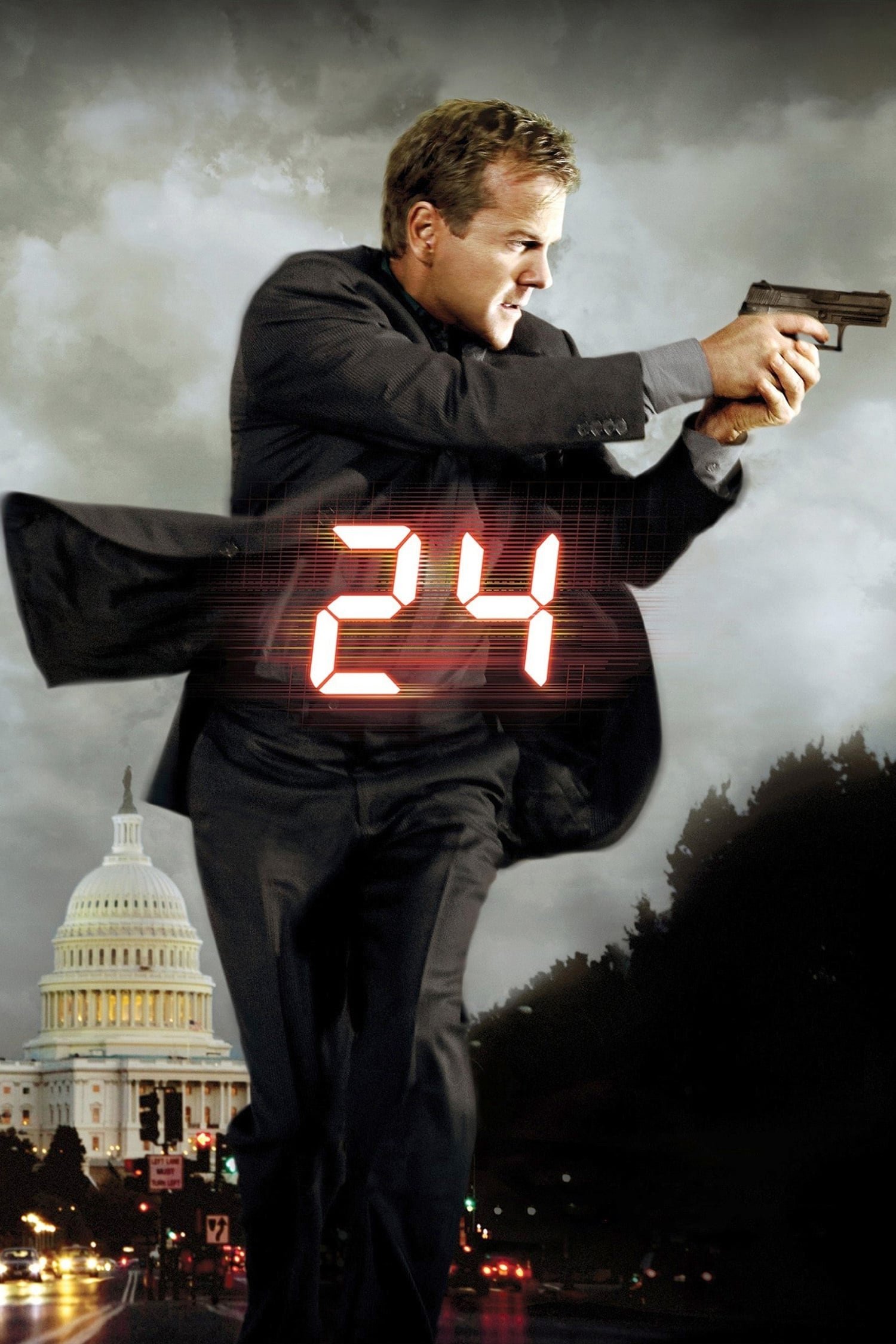
Both human rights organizations and those who train soldiers expressed worry about how often the show portrayed torture being used during questioning. After discussions with representatives from a US military academy, the show’s creators decided to change some storylines to avoid giving the impression that torture consistently worked. In later episodes, the show began to include more scenes illustrating the negative results of using these methods.
To address concerns about the show’s portrayal of sensitive topics, some international broadcasters added disclaimers stating that certain episodes were fictional and didn’t represent real government practices. The DVD versions included discussions with legal and ethical experts about interrogation techniques. Additionally, marketing materials began to avoid showing graphic scenes of torture.
‘NYPD Blue’ (1993–2005)
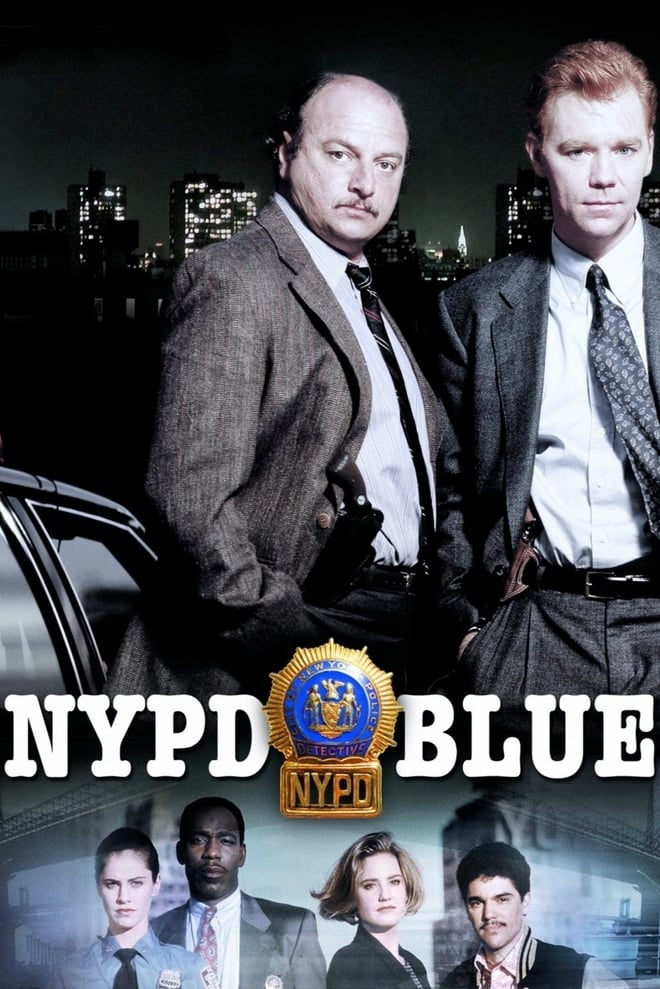
The show faced unprecedented fines from the Federal Communications Commission due to its use of nudity and strong language during primetime. As a result, ABC paid substantial penalties and strengthened its review process for future episodes. Some local stations even chose not to air the show at all, or moved it to later, late-night time slots.
As a film and TV enthusiast, it’s always interesting to learn about the behind-the-scenes stuff. Apparently, when this show was syndicated – you know, sold for reruns – they had to create altered versions with certain shots blurred and sounds changed. Now, with streaming, they usually give you a warning about potentially sensitive content. In fact, in some places, the edited versions are what you get automatically! And all this actually led to ABC creating stricter rules for their dramas, especially those trying to be a bit edgy. It’s wild to think a few fines could change how shows are made!
‘Skins’ (2007–2013)
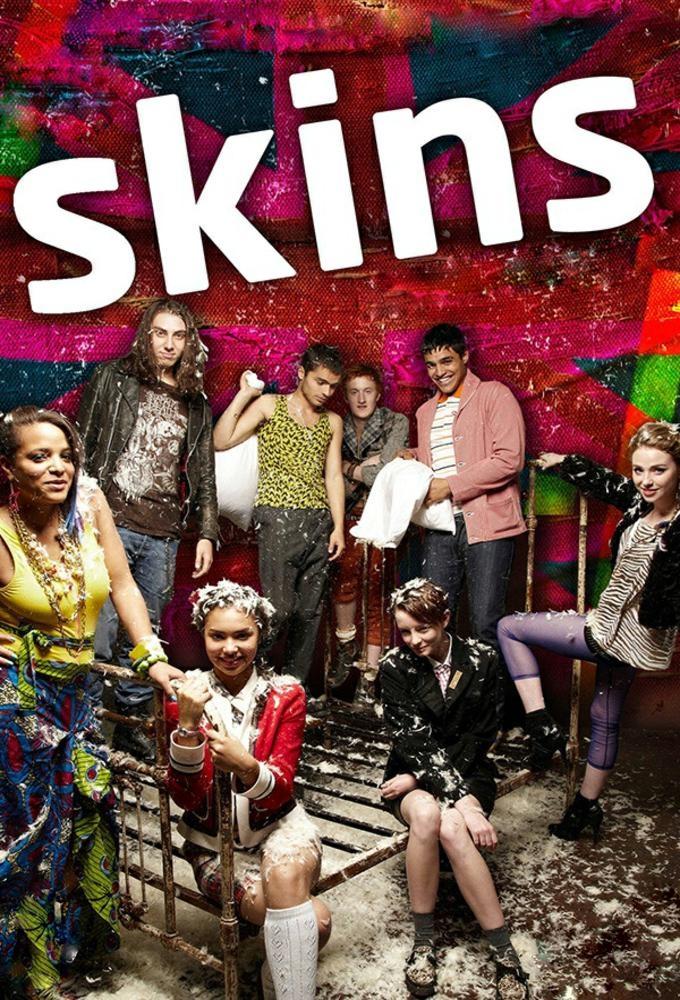
The American version of the show on MTV received criticism for scenes with characters who appeared to be underage. This led some advertisers to pull their support, and the network quickly finished airing the season. Lawyers carefully checked each episode to make sure it followed laws protecting children.
The initial UK version received some complaints, causing it to be shown later at night in certain countries. When released on DVD and streaming, it included age warnings and guides for teachers to help with discussions. Later versions of the show also adjusted the ages of some actors to meet broadcasting standards.
‘Top Gear’ (2002–2015)

A recent program about a bridge in Southeast Asia contained a racist term, causing public outrage and a formal apology from the BBC. The BBC then examined its editing processes and provided extra training on inclusivity for its presenters and production staff. All future episodes of the program were given additional checks to ensure they were sensitive and respectful.
While filming in Argentina, the team had to leave the country with a police escort after some residents protested a license plate on their vehicle, which they thought alluded to the Falklands conflict. The BBC stood by the filming but removed some parts from the final broadcast. When the episode was sold internationally, it included captions explaining the situation.
‘Bachelor in Paradise’ (2014– )

Filming stopped during the 2017 season when concerns were raised about inappropriate behavior between two cast members. Warner Bros. investigated and restarted production with stricter guidelines. These included limits on alcohol consumption, clearer rules about consent, a dedicated on-site monitor to ensure compliance, and more producers trained to handle sensitive situations.
At the start of the new season, a message appeared explaining the updated safety measures. Contestants now get more thorough training on personal boundaries and how to report any concerns. The show’s contracts have also been revised to match these new standards.
‘The Jeremy Kyle Show’ (2005–2019)

I was really shocked when ITV took ‘The Jeremy Kyle Show’ off the air. It happened after a guest sadly passed away not long after filming an episode. They didn’t just pause it, they completely canceled it and removed everything from their streaming service – even old episodes. It led to a big investigation by a committee in Parliament, looking at how well shows like that protect the people who appear on them. They’re now pushing for much stricter rules to make sure this kind of thing doesn’t happen again.
ITV now requires lie detector tests to be avoided on its entertainment shows and has increased support for participants’ well-being. New rules also state that mental health experts must be involved throughout the entire production process, from selecting contestants to when the show airs. Other UK programs are following suit with similar changes.
‘The Swan’ (2004)
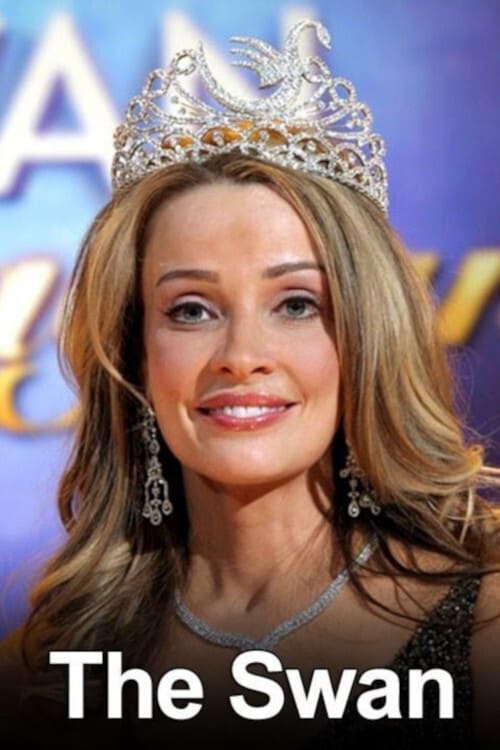
The show featured participants undergoing several cosmetic surgeries, culminating in a final reveal of their transformations. However, medical groups raised concerns about the speed of the procedures and whether the contestants fully understood the risks. Despite these concerns, the network broadcast the series with medical warnings and had doctors and counselors present on set.
The show wasn’t renewed for a typical second season after its first run, and the network limited how often it could be re-aired. When the show was adapted for international audiences, those versions usually removed the competitive aspect or made the medical evaluations and recovery periods stricter. It’s still harder to find online than many other reality shows from the early 2000s.
‘Toddlers & Tiaras’ (2009–2016)
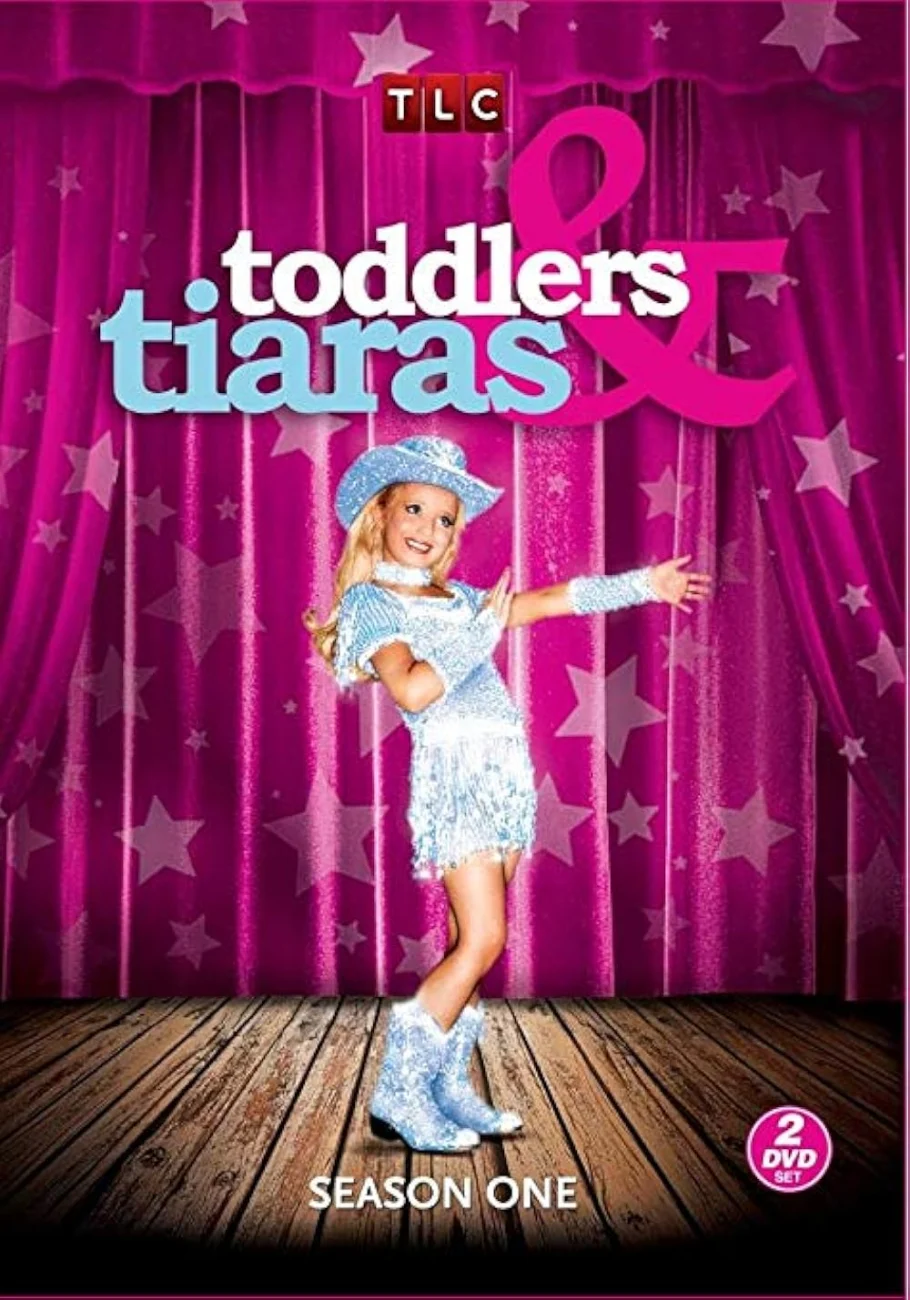
The TV series focusing on child beauty pageants raised worries among child welfare groups regarding the outfits and performances. In response, TLC included warning messages and made changes to some episodes, removing certain costumes. The pageant organizers involved also began enforcing stricter guidelines for outfits and what the contestants performed.
When the pageant faced controversy, both businesses sponsoring it and the show itself made changes. Some episodes were moved to later times or re-aired to meet new standards. Related reality shows focusing on families involved also introduced stricter rules for children appearing on camera.
Let us know what moments felt inappropriate and which episodes you felt pushed things too far. Share your opinions in the comments below!
Read More
- 2025 Crypto Wallets: Secure, Smart, and Surprisingly Simple!
- Gold Rate Forecast
- Brown Dust 2 Mirror Wars (PvP) Tier List – July 2025
- HSR 3.7 story ending explained: What happened to the Chrysos Heirs?
- ETH PREDICTION. ETH cryptocurrency
- 9 Video Games That Reshaped Our Moral Lens
- Games That Faced Bans in Countries Over Political Themes
- Gay Actors Who Are Notoriously Private About Their Lives
- Uncovering Hidden Groups: A New Approach to Social Network Analysis
- USD PHP PREDICTION
2025-10-13 22:48